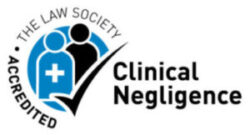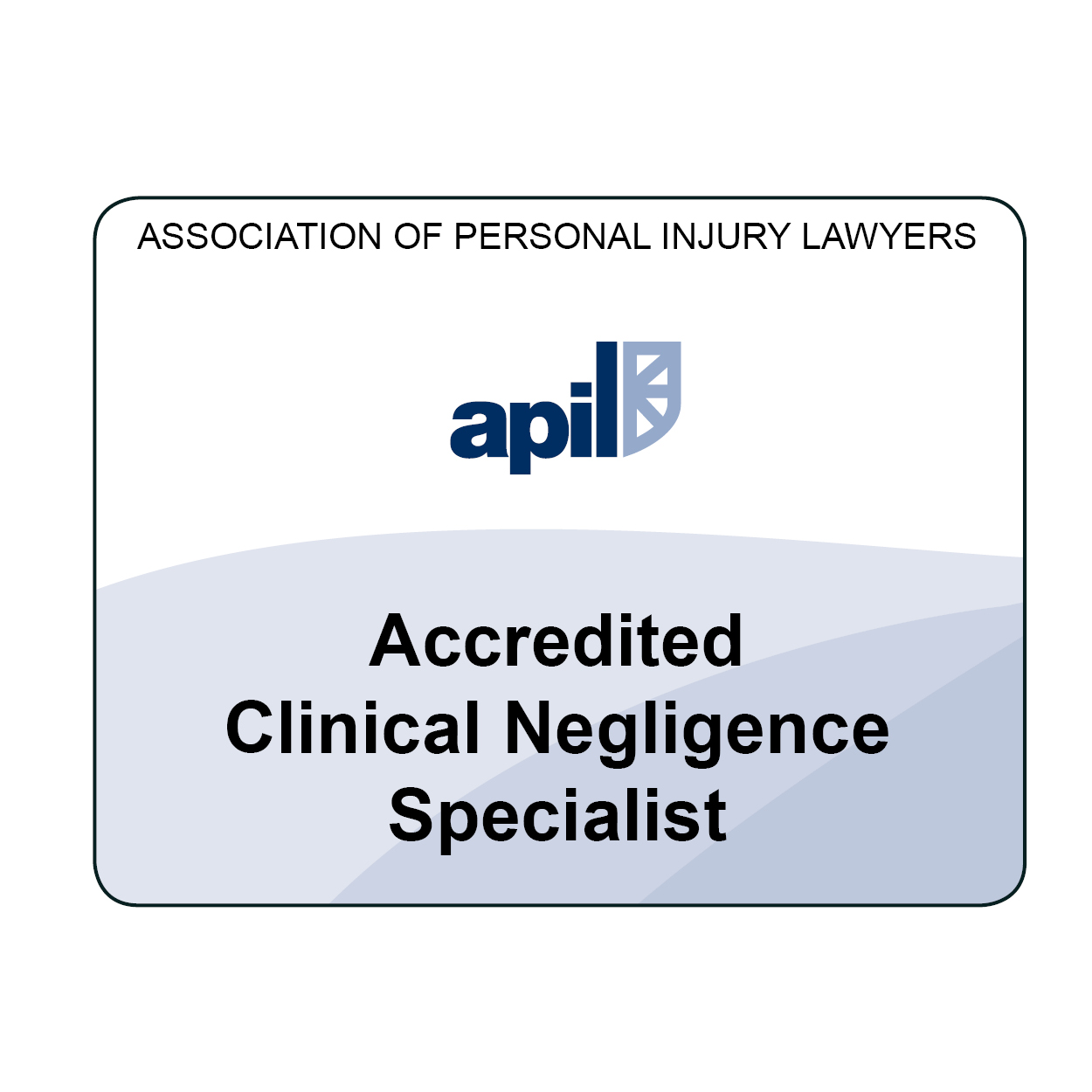Estimates of the overall incidence rates for traumatic brain injury (TBI) in the UK rely largely on hospital presentations, and according to figures gathered in accordance with NICE guidelines on the subject, 2014 saw around 1.4 million such injuries recorded across England and Wales.
This figure is considered to be high in comparison to rates incurred in the US and other European countries when population is taken into account.
TBI May Account for 3.4% of All Hospital Presentations
Alternatively, a 2006 Yates study conducted solely at the Royal Devon and Exeter Hospital indicate that traumatic brain injuries may account for around 3.4% of all yearly hospital presentations. Of these, around 10.9% are considered to be either “moderate or severe” injuries. Assuming the figures from this study can be scaled-up relative to general population and remain representative, estimates put the incidence rates for traumatic brain injury nationwide at around 900,000 a year. Of these, roughly 100,000 are classed as moderate to severe.
Data collected by the Headway brain injury association indicate that men account for 62% of TBI incidences, and women 38%. The highest rates of admission were recorded amongst those older than 75, although it’s also important to note higher volumes of TBI patients amongst children, adolescents and young adults than those of middle age. The most common causes of TBI are thought to be falls, road traffic accidents, other forms of collision and physical assault. Of all the patients recorded as having sustained a TBI, 29% suffered two or more injuries.
Increased Incidence Rates for Traumatic Brain Injury a Healthcare Challenge
Headway’s figures also indicate that between 2000/1 and 2013/14, the scale of TBI as a healthcare challenge in the UK may have increased, with admission figures up 35% and (when population growth is taken into account) actual rates of admission per 100,000 up 23%. Much of these increases accrued in the period up to 2009/10, with figures changing little since then.
During the period examined, the rate of admission for males rose by just 10%, whilst female admission rates soared by 53%. Rates of TBI amongst children, adolescents and young adults fell by around 25%, with working-age adults remaining largely consistent, and those aged above 65 incurring more than double the initial rate of TBI. Put simply, the overall increase in the incidence rates for traumatic brain injury relative to population can be explained solely by increased occurrence in older generations, pointing to the increased scale of the TBI as a healthcare challenge in an ageing population.
Moving Forward After a Traumatic Brain Injury
The increased incidence rates for traumatic brain injury is a serious concern, and for those that suffer a brain injury, perhaps as a result of a head injury caused in an accident at work or car accident, it can be life-changing, potentially ending a the person’s career or at least their career prospects. This, coupled with on-going care needs can lead to financial insecurity and instability. It is for this reason that many people that have suffered a brain injury seek brain injury compensation, to help them move on from the accident.
If you or a loved one suffers a TBI in an accident, you could be entitled to brain injury compensation. Specialist head injury solicitors such as those at Blackwater Law can be contacted for free initial advice and support on 0800 083 5500.





